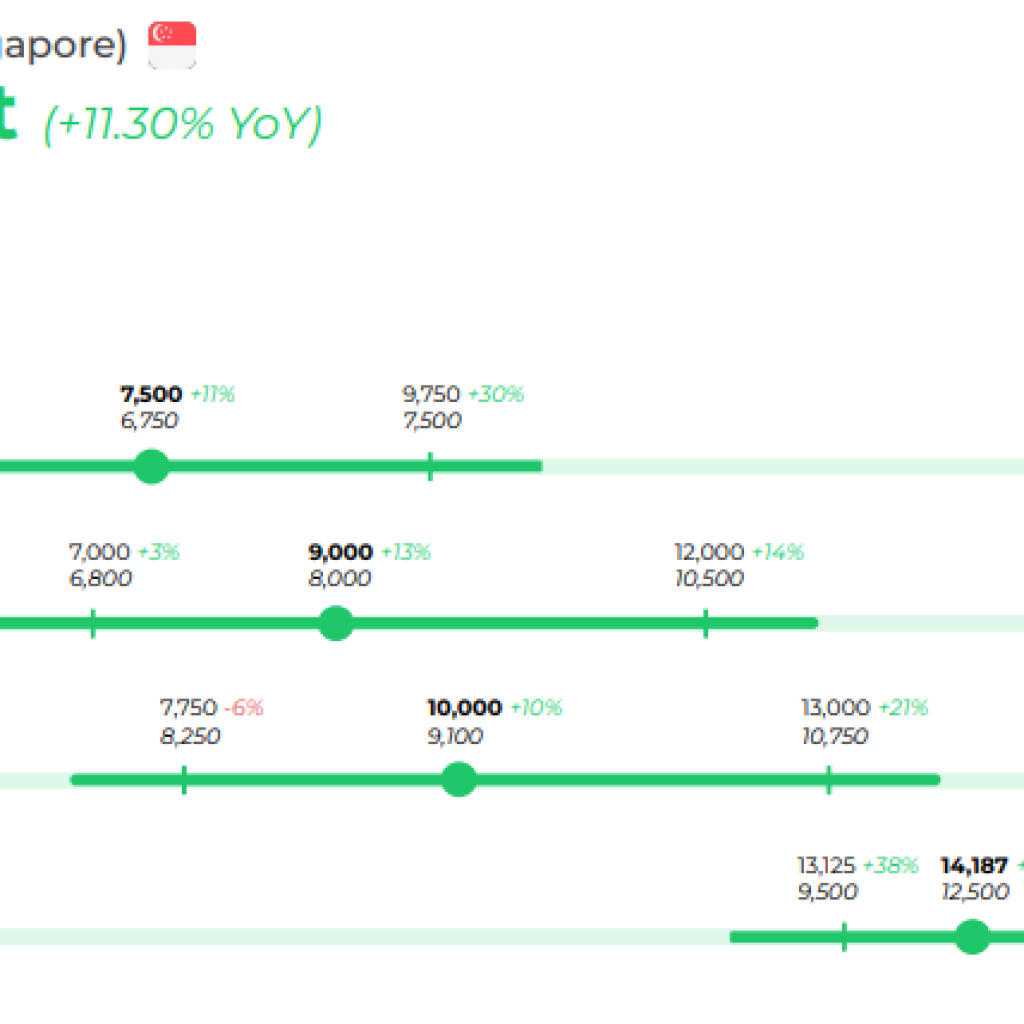In a strategic move to advance the frontiers of AI research, the US National Science Foundation (NSF) has unveiled the National Artificial Intelligence Research Resource (NAIRR), heralding a new era of collaborative innovation. Amid escalating calls for responsible AI governance, this initiative signifies a concerted effort to harness the transformative potential of artificial intelligence while navigating the intricate landscape of data access and sharing. Notably, the NSF’s approach balances ambition with pragmatism, refraining from immediate data demands as it seeks to cultivate trust and cooperation among stakeholders in the nascent stages of the project.
United States intensifies AI research initiatives
The United States National Science Foundation (NSF), in a venture of groundbreaking proportions, has initiated a pivotal undertaking with the launch of the National Artificial Intelligence Research Resource (NAIRR), emblematic of a concerted and resolute commitment to propelling the domain of artificial intelligence (AI) research to unparalleled pinnacles. Under the sagacious leadership of President Joe Biden, who has unequivocally underscored the imperativeness of judiciously governing the expanse of AI technology, the NSF’s multifaceted initiative is poised to deftly harness the transformative potential inherent in AI while concurrently navigating and ameliorating any attendant risks.
Central to the overarching objectives of this ambitious initiative is the symbiotic nexus forged between the echelons of academia and the dynamic landscape of industry, with preeminent tech titans such as Google, Facebook, Microsoft, Intel, and IBM converging in a formidable and harmonious alliance with the NSF. This strategic coalition, an embodiment of collective dedication and purpose, serves as a testament to the shared commitment of these major industry players and the NSF alike, as they fervently endeavor to propel the frontiers of AI research and engender a crucible of innovation within the territorial confines of the United States.
Deferral of big tech data demands
Despite the pivotal role of data in AI research, the NSF has notably refrained from immediately pressing major tech companies for data sharing commitments within the NAIRR framework. This cautious approach reflects the NSF’s recognition of the complexities surrounding data access issues and the need to navigate them judiciously. While some stakeholders advocate for more stringent demands on data sharing, others acknowledge the pragmatic stance taken by the NSF in fostering cooperation without risking potential backlash or disruption to the initiative.
Laura Edelson, an assistant professor of computer sciences at Northeastern University, acknowledges the political sensitivities surrounding data sharing but advocates for federal legislation to address the issue comprehensively. Deen Freelon, a professor of communication at the University of Pennsylvania, similarly recognizes the delicate balance required to ensure the long-term viability of NAIRR, cautioning against overly aggressive demands that could alienate industry partners. The European Union’s recent policy mandating data access for outside researchers adds further impetus to the conversation, potentially influencing the trajectory of data sharing practices among major online companies.
As the US embarks on its ambitious AI research trajectory, the nexus between data access, collaboration, and regulation emerges as a pivotal point of contention. While the NSF’s NAIRR initiative heralds a paradigm shift in AI research methodology, questions persist regarding the optimal balance between cooperation and regulation in the AI ecosystem. How will stakeholders navigate the evolving landscape of data governance, and what role will governmental policies play in shaping the future trajectory of AI research? As the quest for AI innovation unfolds, the journey towards responsible and inclusive AI governance remains fraught with challenges and opportunities alike.





